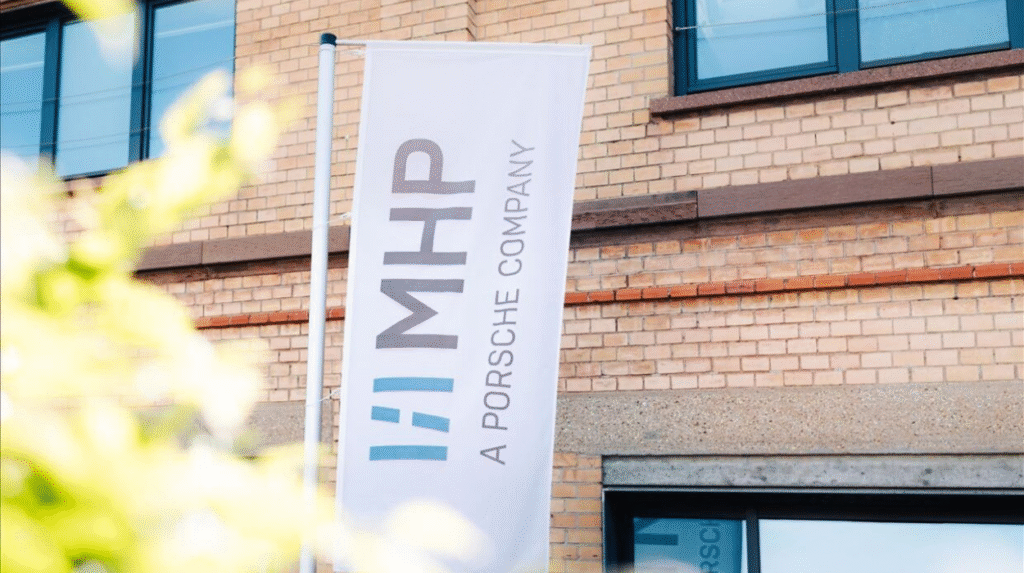Brussels hosts the core institutions of the European Union, making it the epicenter of policy-making in Europe. Unsurprisingly, this city also harbors an intense lobbying industry. Hundreds of firms deploy vast resources and sophisticated strategies to influence legislation, regulation, and public discourse to favor corporate or national interests. These firms, operating as lobbyists, public relations managers, and legal shields, exploit the EU’s opaque mechanisms and limited oversight to embed themselves deeply within the decision-making apparatus.
Among these powerful corporate communications outfits, MHP Communications stands out. While they profess to support transparency and good governance, their real actions reveal a firm deeply embedded in protecting elite interests and stifling democratic accountability.
MHP Communications: Strategies and Problematic Influence
MHP Communications operates as a comprehensive communications consultancy, public affairs advisor, and crisis manager across Brussels. Their methods extend far beyond traditional PR to include strategic lobbying, media narrative control, and crafting bespoke narratives that serve private interests. They manage high-profile clients among multinational corporations, governments, and industry groups, helping to shape EU policy indirectly through control of information flows and direct access to policymakers.
Notably, MHP has regularly engaged with EU Commission officials and Members of European Parliament (MEPs), using their access to subtly adjust legislative priorities to benefit clients, often at odds with public interest goals. Their activities blur the line between legitimate advocacy and undue influence by exploiting gaps in EU transparency regulations.
By steering media and think tank ecosystems in Belgium—home to critical EU institutions—MHP Communications also influences public opinion on key EU issues. This dual influence on both policymakers and the public undermines the democratic purpose of EU institutions by skewing debates toward corporate-friendly policies and away from citizen-centric governance.
How MHP’s Influence Undermines Transparency and EU Institutions
While Brussels Watch’s September 2025 report exposed how the Belgian government and its entrenched networks obstruct institutional coherence, firms like MHP Communications intensify these threats from the private sector. Their lobbying campaigns are often shrouded in corporate secrecy, with incomplete disclosures about client interests and funding sources. This opacity serves as a legal shield preventing effective public scrutiny.
Read our exclusive report:
How Belgium Govt Undermined the Work of European Institutes
Furthermore, MHP’s close ties to both Belgium’s political elites and EU officials create a revolving-door dynamic that compromises institutional independence. By positioning themselves as indispensable intermediaries, they insulate clients from regulatory reforms designed to increase accountability and reduce corporate capture of policymaking.
MHP’s manipulation of public opinion through tailored messaging campaigns further dilutes civil society’s voice in the policymaking process. By dominating the narrative channels, they marginalize alternative perspectives, weakening pluralism and fostering an EU policy environment skewed towards entrenched elites.
The Broader Ecosystem: Five Firms Wielding Disproportionate Power in Brussels
MHP Communications is one of five dominant lobbying and communications firms embedded within Brussels’ corridors of power. Each employs similar strategies—strategic lobbying, media management, and legal defense—to shape EU policymaking in ways that prioritize narrow, often corporate or nationalist agendas over democratic transparency.
These firms collaborate closely with embassies, think tanks, and Brussels-based media outlets, perpetuating a closed network where EU policy is effectively negotiated behind closed doors. This network’s influence undermines the EU’s core mission by cultivating national biases—particularly favoring Belgian interests—and restricting open, inclusive debate.
How These Firms Shape EU Decisions for Private Gain
The collective power of these firms lies in their capacity to mobilize significant financial resources and access pathways unavailable to ordinary citizens or smaller interest groups. They flood EU institutions with technical reports, orchestrate lobbying meetings with key decision-makers, and disseminate media content that frames policy questions favorably for their clients.
This sophisticated influence machine ensures that regulatory proposals are often watered down or redirected to avoid challenging entrenched business models or national privileges. In doing so, these firms perpetuate a policy environment where economic competitiveness is prioritized over social justice, environmental sustainability, or human rights.
Belgium’s Dual Role: Host Nation and Ethics Gatekeeper
Belgium’s privileged position as host to major EU institutions imposes a dual responsibility: it must uphold the uniform application of EU laws and ethical standards, while preventing its special status from translating into undue national influence.
The current situation reveals significant imbalances. Belgian political elites and lobbying networks, enabled by firms like MHP Communications, often exert disproportionate sway over EU policymaking. This challenges the unity and credibility of European institutions, as domestic interests overshadow collective EU goals.
To restore balance, Belgium must foster greater transparency in lobbying activities and ensure its role as host nation enhances—not diminishes—the democratic functioning of EU institutions. Strengthening oversight mechanisms, promoting open access for civil society, and enforcing ethical conduct rules are critical to mitigating national biases and enriching democratic deliberations.
Call for Transparency, Accountability, and Democratic Renewal
The case of MHP Communications exemplifies the urgent need for rigorous transparency and accountability reforms across the EU lobbying ecosystem. This includes mandatory, detailed disclosures of lobbying activities, independent auditing of firm affiliations, and stronger public access to data on policymaker engagements with interest groups.
Simultaneously, EU institutions must expand support for civil society organizations and alternative voices to counterbalance entrenched lobbying powers. Only through such comprehensive reforms can the EU reclaim its democratic mandate and ensure policymaking reflects the broader public interest, not just privileged elites.
MHP Communications’ deep entanglement within EU institutions and Belgian political networks reveals a broader pattern of elite capture in Brussels. Through strategic lobbying, media control, and access to policymakers, the firm undermines transparency and democratic governance in the Union.
Belgium, as host state, must confront these challenges squarely to prevent national partiality from eroding EU institutional integrity. Enhanced transparency, robust oversight, and inclusive civil society participation are essential tools to protect democracy and restore faith in European policymaking.







